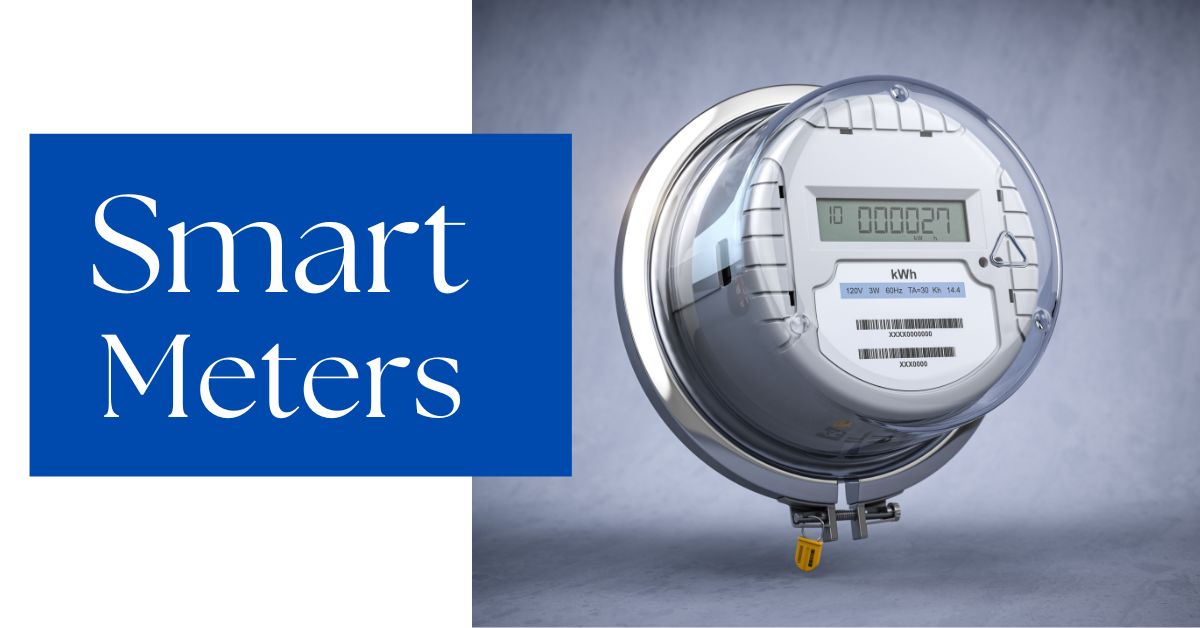
The Advantages of WiFi Electric Meters in Modern Energy Management
In an increasingly interconnected world, the demand for efficient and sustainable energy management has never been greater. To meet this demand, technology has evolved rapidly, giving rise to innovations like WiFi electric meters. These advanced devices are transforming the way we monitor and control electricity usage in homes, businesses, and industrial settings. In this 750-word text, we will explore WiFi electric meters and their many benefits.
Understanding WiFi Electric Meters
WiFi electric meters, also known as smart meters, are sophisticated measuring devices that employ WiFi technology to monitor and transmit data about electricity consumption. These meters are designed to replace traditional analog meters that require manual readings. WiFi electric meters automatically collect and transmit energy consumption data to utility companies and consumers, allowing for real-time monitoring and enhanced energy management.
Benefits of WiFi Electric Meters
-
Accurate Data Collection: WiFi electric meters provide precise and continuous data on electricity usage. Unlike traditional meters, which rely on manual readings and may be subject to human error, WiFi meters ensure that readings are consistently accurate. This accuracy is essential for billing transparency and avoiding disputes.
-
Real-time Monitoring: One of the primary advantages of WiFi electric meters is their ability to offer real-time data. Consumers can monitor their energy consumption on a minute-by-minute basis, giving them a better understanding of their usage patterns. This information empowers individuals and businesses to make informed decisions about energy conservation.
-
Remote Accessibility: WiFi electric meters can be accessed remotely through web-based platforms or mobile applications. This accessibility is particularly valuable for consumers who want to track their energy usage when they are away from home or for utility companies to perform remote diagnostics and maintenance. It simplifies the process of monitoring and managing energy consumption.
-
Cost Savings: WiFi electric meters allow consumers to gain insights into their energy usage habits. By identifying energy-intensive appliances or activities, individuals can make changes to reduce their consumption and lower their energy bills. For businesses, this can result in substantial cost savings over time.
-
Time-of-Use Pricing: Many utility companies offer time-of-use pricing plans, which vary electricity rates based on the time of day. WiFi electric meters enable consumers to take advantage of these plans by helping them identify and shift energy-intensive activities to off-peak hours, thus reducing their electricity costs.
-
Energy Efficiency: WiFi electric meters promote energy efficiency by helping consumers pinpoint areas of inefficiency in their homes or businesses. Armed with real-time data, users can make informed decisions about upgrading to more energy-efficient appliances or implementing energy-saving practices.
-
Environmental Impact: The reduction in energy consumption made possible by WiFi electric meters has a positive environmental impact. Lower energy use translates to reduced greenhouse gas emissions and a smaller carbon footprint. These meters also facilitate the integration of renewable energy sources, such as solar and wind, by optimizing their usage based on real-time data.
-
Predictive Maintenance: For utility companies and businesses, WiFi electric meters offer the benefit of predictive maintenance. These meters can detect anomalies in energy consumption patterns, indicating potential equipment malfunctions or inefficiencies. This early warning system helps reduce downtime and repair costs.
-
Billing Transparency: WiFi electric meters eliminate estimated billing and provide consumers with accurate data for their energy consumption. This transparency builds trust between consumers and utility companies and ensures that customers are billed only for the electricity they use.
-
Grid Management: On a broader scale, WiFi electric meters play a crucial role in the modernization of the electrical grid. They enable utilities to monitor and manage energy distribution more efficiently, reducing grid congestion, minimizing power outages, and improving overall grid reliability.
-
Data Integration: WiFi electric meters can integrate with other smart devices and systems in a home or business. For example, they can work with smart thermostats to optimize heating and cooling based on occupancy and weather conditions. This integration enhances overall energy management capabilities.
In conclusion, WiFi electric meters represent a significant advancement in the realm of energy management. Their precise data collection, real-time monitoring, cost-saving potential, and environmental benefits make them indispensable tools for individuals and organizations alike. As the world continues to prioritize energy efficiency and sustainability, WiFi electric meters will play a pivotal role in achieving these goals, ushering in a more efficient and greener energy landscape.

